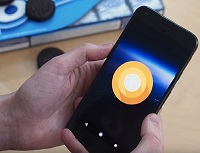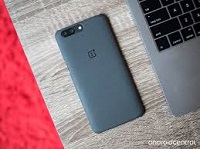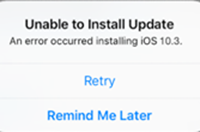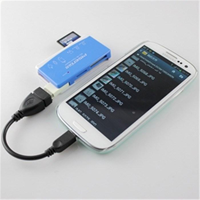Android Data Recovery
LCD and AMOLED have competed with each other for a long time. However, in the field of smartphone, insiders and users are inclined to use AMOLED, deeming it to be with better quality and more practical. It seems that AMOLED eclipses LCD. Now AMOLED phone is available. Does this mean nothing can be competed with LCD screen? The answer is NO.
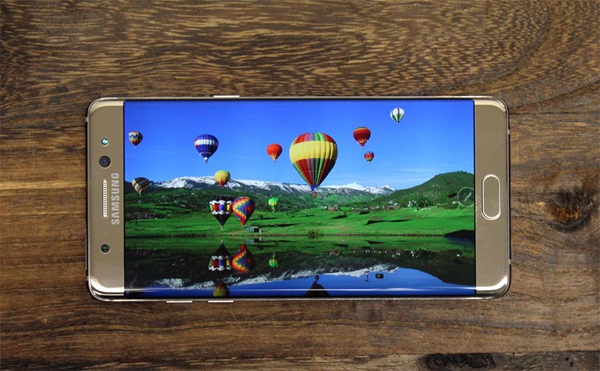
Both supply and demand of AMOLED surged. Report of supply chain from Taiwan predicts that in 2017 AMOLED supply amount will be doubled, totally equaling to 150 million. This is a considerable increase compared with supply last year, which is only 50 million. Samsung will not be the exclusive manufacturer of AMOLED.
According to insiders, Sharp is planning to invest in OLED. And it is revealed that Apple will invest US $7000 million into OLED productivity, helping build display production line. This should be partly due to iPhone 8's demand for OLED. But this is not confirmed officially.
LG, Apple's biggest competitor, had invested US $1750 million into OLED production line. To meet its demand, LG will produce small size and middle size OLED at large scale. It is obviously that Samsung and LG attach much importance to OLED than LED. This indicates that in the future it is possible that LCD will be replaced by OLED.
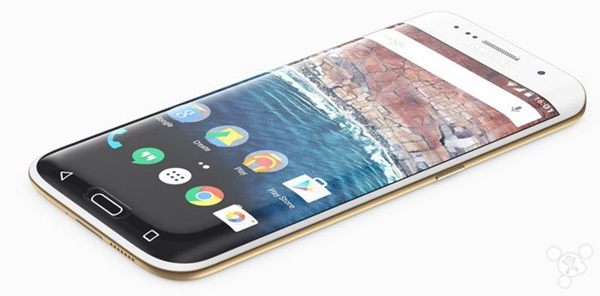
However, LCD has developed flexible LCD to compete with OLED
In January, JDI has released Full Active Flex, a 5.5-inch and 1080p panel. It can be edged like Samsung and LG flexible panel, which is used by smartphone manufacturers to produce phone like S7 Edge. Such material can be edged and expanded. And it is not be broken or smashed.
JDI is planned to produce Full Active Flex in large scale. There have been smartphone manufacturers in queue to buy. Therefore, it can be predicted that in the second half of this year, there would be more news about flexible LCD.
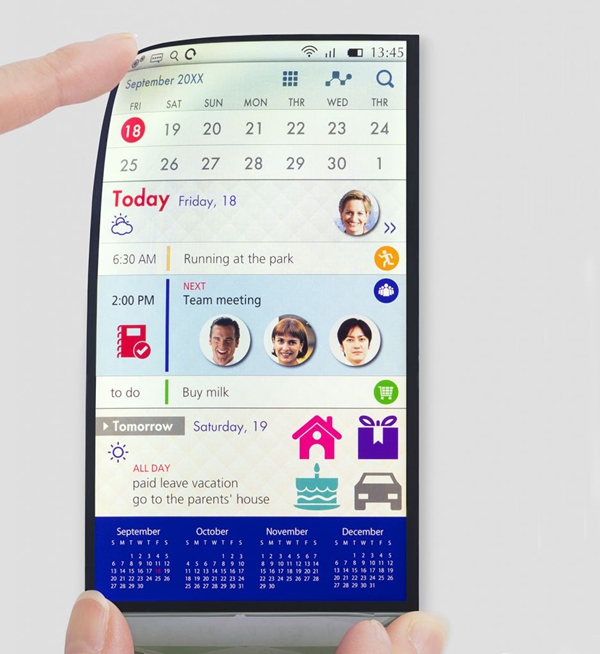
"4K is good, but HDR is our new pursuit."
Xperia Z5 is the first smartphone equipped with 4K resolution display. But as the high cost and negative impact on the battery endurance, there is no other manufacturers involved in producing it. Instead, they turn to produce display supported by HDR high-dynamic technology.
Now smartphone manufacturers are not intended to further upgrade resolution of their smartphone display. That's to say, the phone display resolution will maintain 2560×1440p. They will not use 4K for smartphone display. Thus, after production of Snapdragon 835 in Q2, they will produce smartphone supported HDR technology at large scale. And these phones will be greatly promoted.
Conclusion
It can be predicted that in 2017 there will be more AMOLED smartphone. And with the increased production capacity, AMOLED screen will not only be used by high-end flagship but also middle-end and low-end flagship.
Meanwhile, high-end device is more inclined to use HDR technology and edged display, ensuring that the product can stand out from the competition. And LCD will not exit the stage of smartphone display. On the contrary, it will develop new technology to strengthen its competition strength and meet more needs of device manufacturer.












